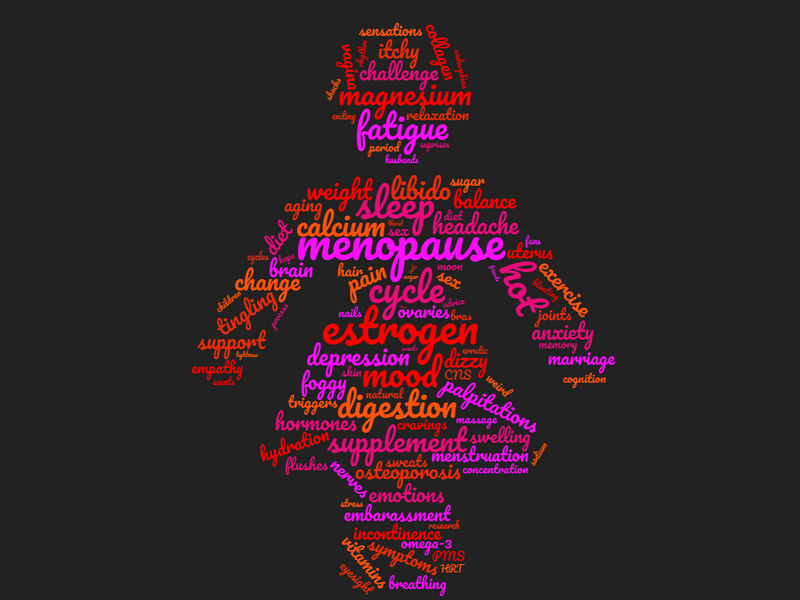Sep 2, 2021
Anticipating the Big Change - Menopause in Japan
 The Maturing Foreign Woman in Japan
The Maturing Foreign Woman in Japan
I only intended to come to Japan for a year. It wasn’t a lark. I had concrete plans - career building, learning a traditional Japanese art along with the language and culture. Somehow a year became two, then ten as I grew to love my fellow students while nurtured by earnest teachers. The career is engrossing and fulfilling. In my personal life, I experienced some mismatches but I found a lifelong partner who’s Japanese and realized Japan is home. I’m now starting my third decade of life in Japan.
And along with that realization and watching the inexorable greying of Japan’s population, I’m going to experience a major life change here right along with my age cohort - the menopause.
To get a handle on what I’m in for, I started asking my family members back home, and since my grandmother, my mother, and aunties are well into menopause they talked candidly about their experiences. Their stories were varied - they had symptoms that spanned different lengths of time. They put me at ease and told me not to worry. It might be rough, it might not.
And then I got to thinking about the women around me - older Japanese colleagues and elderly women in my community. When I mentioned that I was anticipating the big change, at first they were guarded, but some were sympathetic and told me how they coped.
Strangely, it was talking with Japanese men in their 50s and 60s about their mothers and sisters that provided the most insight. One described his mother as having a “broken thermostat”. She ran cold and hot all the time. Her journey into menopause forced her to close the family business. An older colleague told me his mother, a homemaker, relied on kampo, traditional Japanese herbal medicine to deal with the symptoms.
So what are you in for?
The North American Menopause Society has a roadmap for women.
But what really happens? My family members told me to prepare for extended periods at irregular intervals. And the dreaded inundation - extremely heavy menstruation. Lethargy and a depressed mood were other symptoms they experienced. For me, the first sign of change was a palpable “clunk”, a feeling at the beginning of a menstrual cycle that this was the beginning of the change.
After some research, I turned up sources from a Japanese perspective. Pharmaceutical company Otsuka has faqs and a guide to living with menopause. Otsuka also has a Japanese language resource, Konenki Lab that you can share with your Japanese friends and family. It also has results of informal online surveys asking women about their experiences of menopause.
This big life change shouldn't be diminished, and foreign women who stay on will face it here in the Japanese context. Next, I'll tell you about how Japan is responding to women's health milestones.



0 Comments